Haitians on Texas border unfazed by US plans to expel them
Mon 20 Sep 2021, 12:12:28

Del Rio: Haitian migrants seeking to escape poverty, hunger and a feeling of hopelessness in their home country said they will not be deterred by U.S. plans to speedily send them back, as thousands of people remained encamped on the Texas border Saturday after crossing from Mexico.
Scores of people waded back and forth across the Rio Grande on Saturday afternoon, re-entering Mexico to purchase water, food and diapers in Ciudad Acuña before returning to the Texas encampment under and near a bridge in the border city of Del Rio.
Junior Jean, a 32-year-old man from Haiti, watched as people cautiously carried cases of water or bags of food through the knee-high river water. Jean said he lived on the streets in Chile the past four years, resigned to searching for food in garbage cans.
“We are all looking for a better life,” he said.
The Department of Homeland Security said Saturday that it moved about 2,000 of the migrants from the camp to other locations Friday for processing and possible removal from the U.S. Its statement also said it would have 400 agents and officers in the area by Monday morning and would send more if necessary.
The announcement marked a swift response to the sudden arrival of Haitians in Del Rio, a Texas city of about 35,000 people roughly 145 miles (230 kilometers) west of San Antonio. It sits on a relatively remote stretch of border that lacks capacity to hold and process such large
numbers of people.
numbers of people.
A U.S. official told The Associated Press on Friday that the U.S would likely fly the migrants out of the country on five to eight flights a day, starting Sunday, while another official expected no more than two a day and said everyone would be tested for COVID-19. The first official said operational capacity and Haiti’s willingness to accept flights would determine how many flights there would be. Both officials were not authorized to discuss the matter publicly and spoke on the condition of anonymity.
Told of the U.S. plans Saturday, several migrants said they still intended to remain in the encampment and seek asylum. Some spoke of the most recent devastating earthquake in Haiti and the assassination of President Jovenel Moïse, saying they were afraid to return to a country that seems more unstable than when they left.
“In Haiti, there is no security,” said Fabricio Jean, a 38-year-old Haitian who arrived with his wife and two daughters. “The country is in a political crisis.”
Haitians have been migrating to the U.S. in large numbers from South America for several years, many having left their Caribbean nation after a devastating 2010 earthquake. After jobs dried up from the 2016 Summer Olympics in Rio de Janeiro, many made the dangerous trek by foot, bus and car to the U.S. border, including through the infamous Darien Gap, a Panamanian jungle.
No Comments For This Post, Be first to write a Comment.
Most viewed from International
Most viewed from World
AIMIM News
Latest Urdu News
Most Viewed
May 26, 2020
Which Cricket team will win the IPL 2025 trophy?
Latest Videos View All
Like Us
Home
About Us
Advertise With Us
All Polls
Epaper Archives
Privacy Policy
Contact Us
Download Etemaad App
© 2025 Etemaad Daily News, All Rights Reserved.

.jpg)



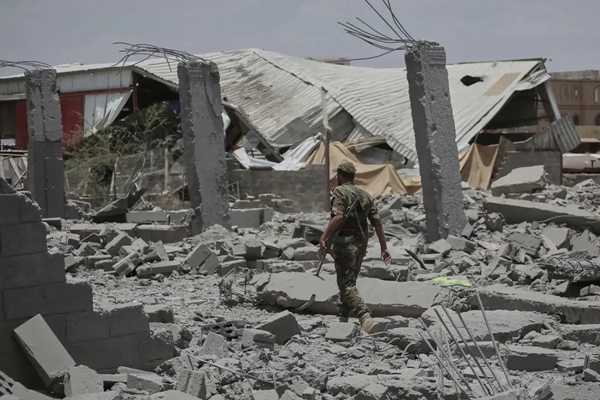

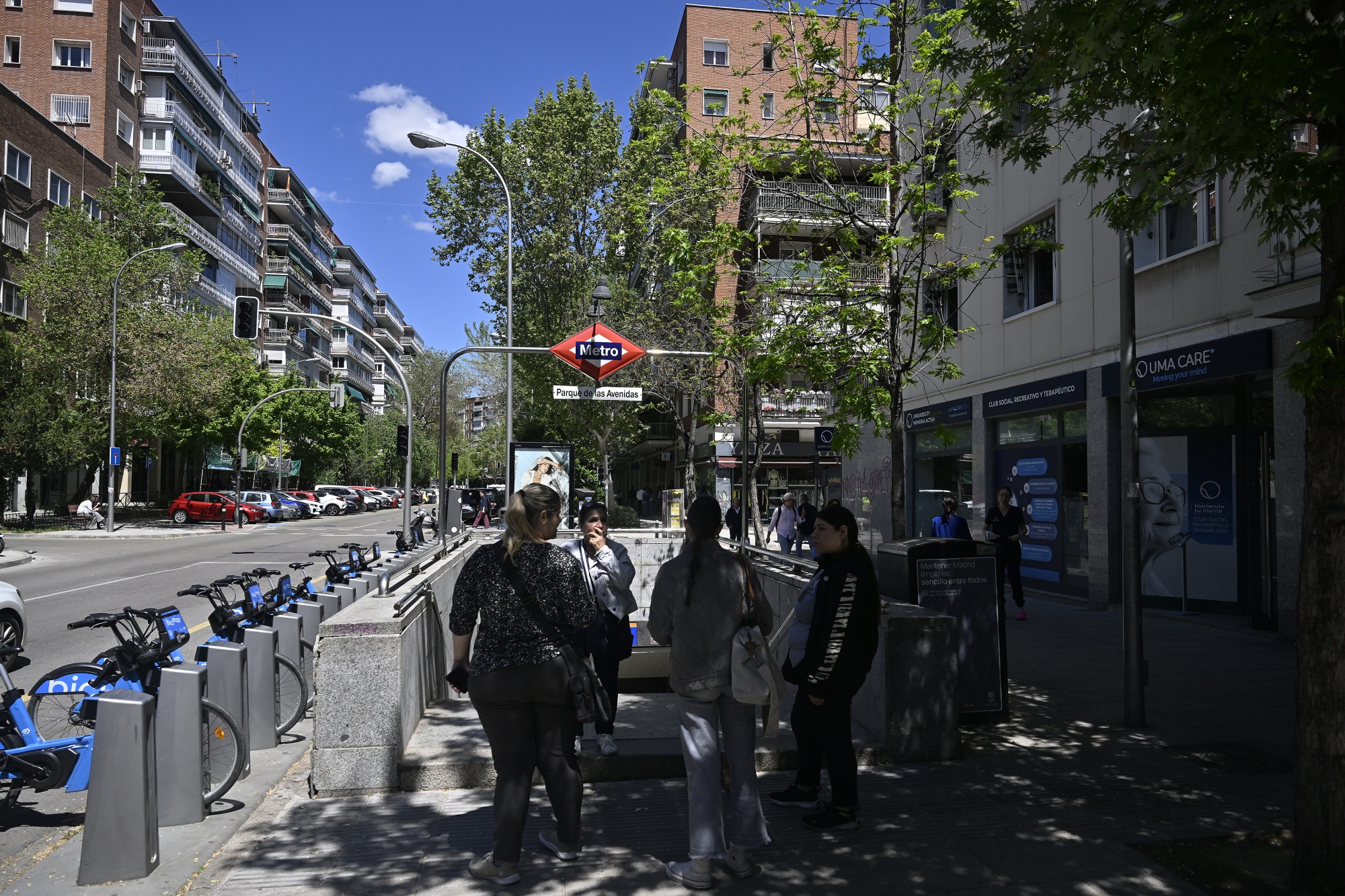




.jpg)



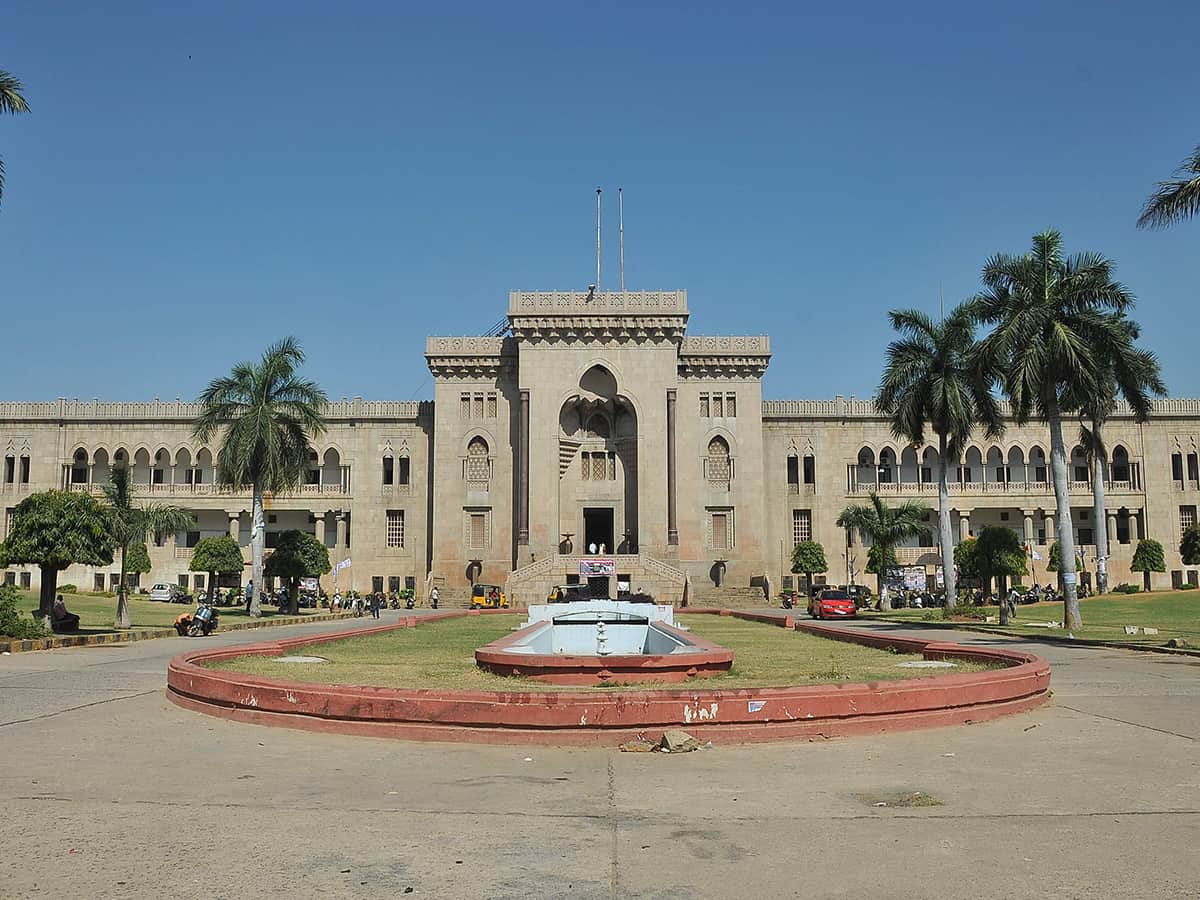


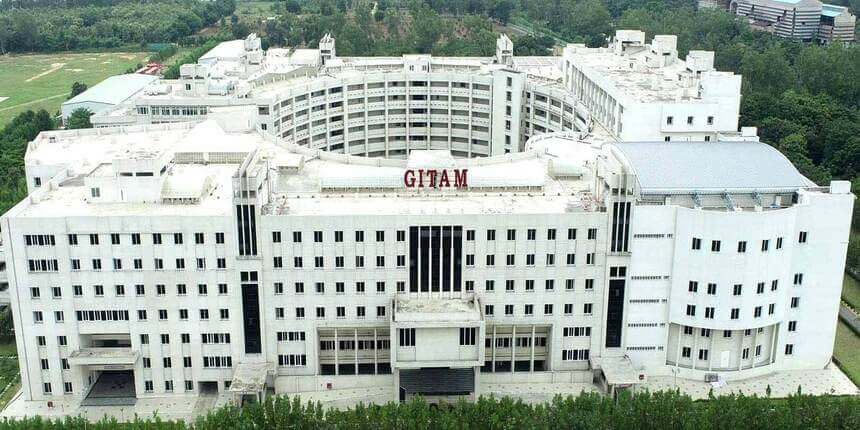



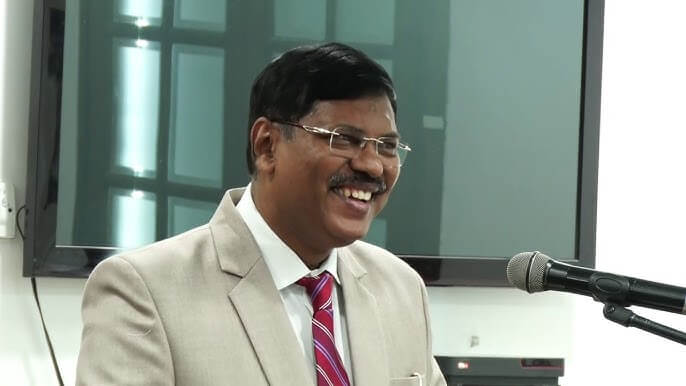
.jpg)

















